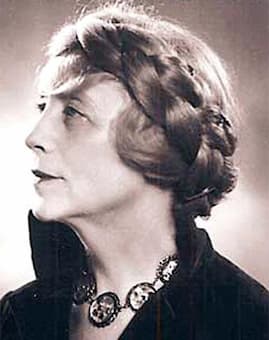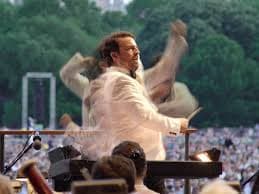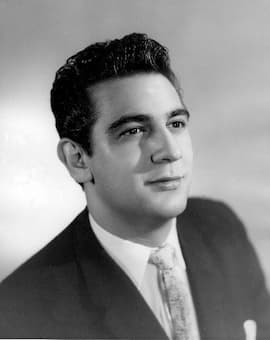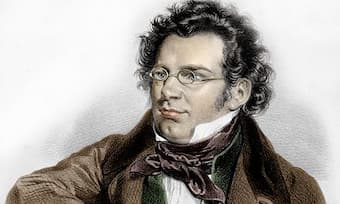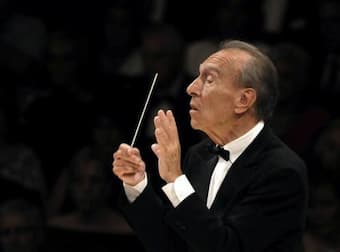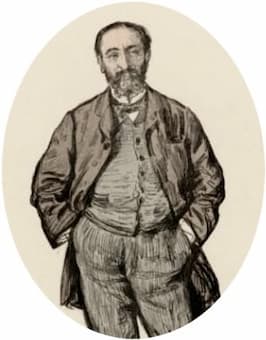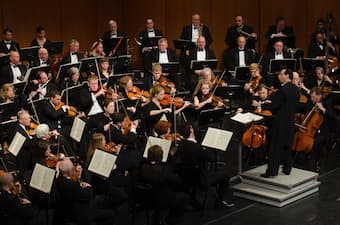Yvonne Lefébure, who passed away on 23 January 1986 in Paris, was one of the premiere French pianists and teachers of the 20th century. She was a remarkably well-rounded and cultured musician with a no-nonsense approach to performing and to
Articles
The word “normal” has shifted in meaning over the past nearly two years of the covid pandemic. For concert halls and opera houses, and other arts venues such as galleries and exhibition spaces, “normal” now has a variety of meanings,
For musicians, trading off stories about conductors is the water-cooler-iest form of water cooler gossip. Tales of incompetence abound, and those who are lucky enough to gain approval are spoken of with respect and appreciation. To an audience, conducting seems
Plácido Domingo is recognized as one of the best and most influential singing actors in the world of opera. He has recorded over 100 complete operas in addition to arias and duets compilations, and his crossover recordings have earned him
Following my article about Schubert’s Drei Klavierstucke, here is another piano work which I feel is unfairly overlooked and rarely performed, perhaps simply because of its brevity and apparent simplicity. Yet Schubert packs an expressive punch and offers the pianist
On 20 January 2014, Claudio Abbado died at the age of 80 after a long and severe illness in Bologna. One of the greatest conductors of his time, he led La Scala, the Vienna and Berlin Philharmonics, and the Lucerne
On 19 January 1873, the French cellist, viola da gamba player and instrument maker Auguste Tolbecque premiered Camille Saint-Saëns’ Cello Concerto No. 1 in A minor, Op. 33, a work specifically composed for him. Tolbecque was a close personal friend,
If one had to name, from the top of the mind, what the most well-known instruments are, the result would probably be the following: the piano, the guitar and the violin. I have already written about how the piano and

